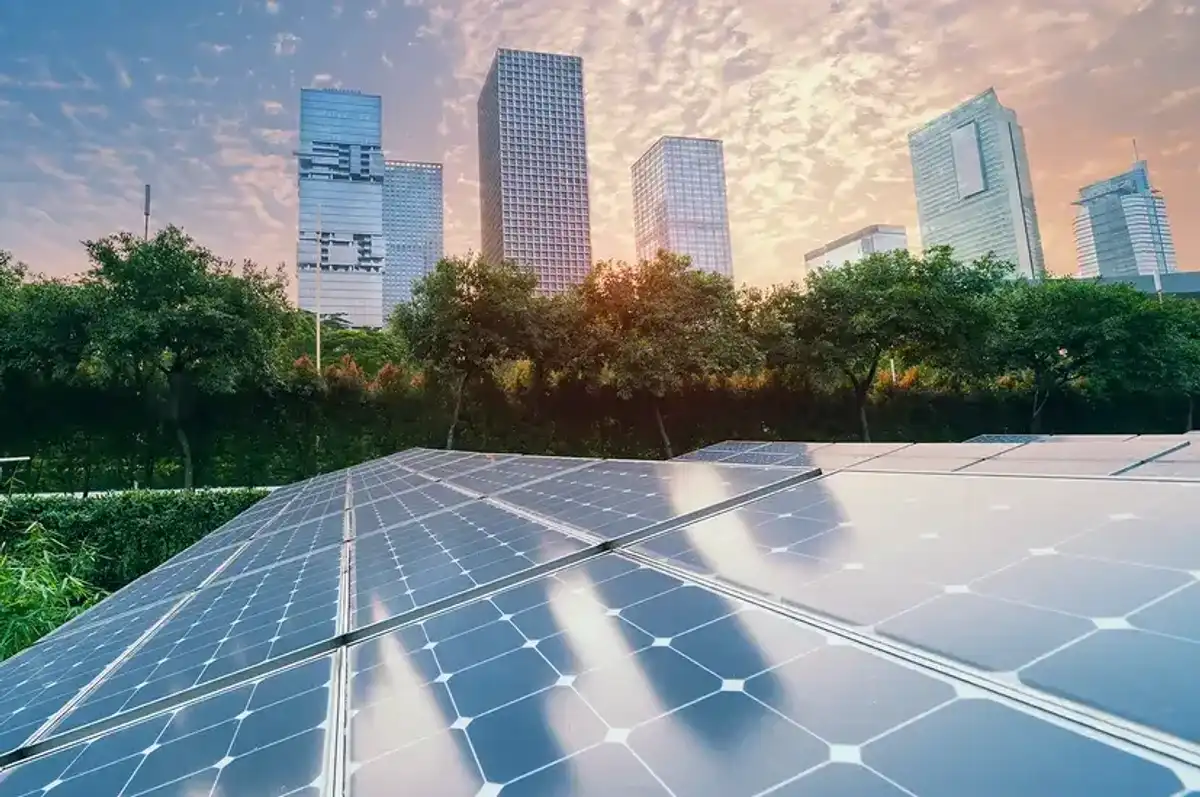Intuitive Machines blasts into next phase and more innovation news to know
Trending Topics
Editor's note: We're looking back at the top Houston innovation and business news for the first half of August 2025. Intuitive Machines has secured a new contract, a Japanese energy tech manufacturer now has a Houston HQ, tech jobs are on the rise, and more. Revisit InnovationMap's most-read stories from August 1-15 below:
1. Intuitive Machines lands $9.8M to complete orbital transfer vehicle
 Intuitive Machines to acquire NASA-certified deep space navigation company
Intuitive Machines to acquire NASA-certified deep space navigation companyIntuitive Machines' orbital transfer vehicle project is entering its next phase. Photo via Getty Images.
Houston-based Intuitive Machines, which rang the NASDAQ opening bell July 31, has secured a $9.8 million Phase Two government contract for its orbital transfer vehicle. The contract will push the project through its Critical Design Review phase, which is the final engineering milestone before manufacturing can begin. Continue reading.
2. Japanese energy tech manufacturer moves U.S. headquarters to Houston

TMEIC Corporation Americas has moved its U.S. headquarters to Houston. Photo via tmeic.com
TMEIC Corporation Americas has officially relocated its headquarters from Roanoke, Virginia, to Houston. TMEIC Corporation Americas, a group company of Japan-based TMEIC Corporation Japan, recently inaugurated its new space in the Energy Corridor. The new HQ occupies the 10th floor at 1080 Eldridge Parkway, according to ConnectCRE. The company first announced the move last summer. Continue reading.
3. 11 can't-miss Houston business and innovation events for August

From insightful talks to a young professionals summit, here's what not to miss and how to register. Photo via Getty Images
The tech event scene is heating up in August. From insightful talks to a young professionals summit, we've rounded up the events not to miss and how to register. Continue reading.
4. Houston tech jobs to grow in 2025 as Texas leads U.S. in new tech employment

The Houston area is expected to employ 158,176 tech professionals this year, according to a new report by CompTIA. Photo via Getty Images.
Tech employment in the Houston metro area is expected to climb by more than two percent this year, according to a new projection. CompTIA’s State of the Tech Workforce 2025 report forecasts the Houston area will employ 158,176 tech professionals this year, compared with an estimated 154,905 last year. That would be an increase of 2.1 percent. Continue reading.
5. U.S. News ranks Houston hospital No. 1 in Texas for 14th year in a row

Houston Methodist is once again the top hospital in Texas. Photo via Houston Methodist
U.S. News & World Report has released its 2025 rankings of the best hospitals in Texas, and they prove that Houston is in good hands. The esteemed Houston Methodist Hospital was rated the No. 1 best hospital in Texas for the 14th consecutive year, and the No. 1 hospital in the metro area. Eleven more Houston-area hospitals earned spots among the statewide top 35. Continue reading.








